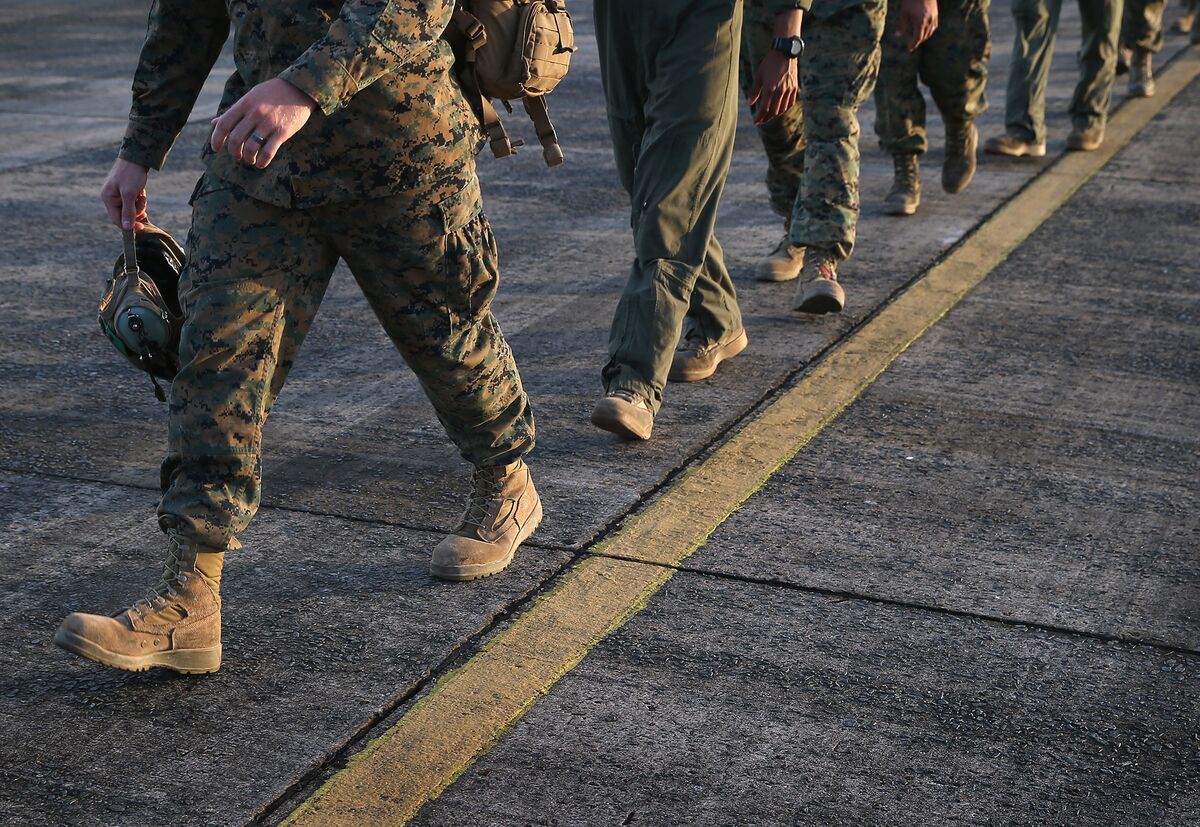
Europe’s disaster-relief chief leans back in a chair in his Brussels office and fires off a warning: President Donald Trump’s plan to slash U. international aid could undermine global geopolitical stability -- and threaten America’s interests.
The admonition by Christos Stylianides, the European Union commissioner for crisis management, highlights the extent to which Europe is grappling with Trump’s “America First” policy. Trump has already shaken the trans-Atlantic security order, international trade relations and the worldwide fight against climate change.
For Stylianides, the biggest challenge is development in Africa. Without America’s active involvement, he says, Europe risks having a neighboring continent wracked by political instability, economic shocks and migratory flows, with dire consequences for all, including the U.
“A global response is needed, ” Stylianides, a Cypriot who bears more than a passing resemblance to the late Egyptian film actor Omar Sharif, said in the interview in his 11th-floor office. “We can’t do it alone. Geopolitically, when Europe confronts a problem that’s beyond its abilities, the U. has an interest.”
To highlight an increasingly interdependent world, he points to how the EU assisted the U. during the devastating hurricanes that hit Texas and Florida by sharing images from a European earth-observation program. The satellite service, known as Copernicus, helped the U. Federal Emergency Management Agency map the hurricanes’ destruction.
“This is tangible European solidarity,” Stylianides said. “Nobody can manage these kinds of crises alone. Everywhere we need to act together.”
Europe is the world’s biggest donor of humanitarian and development aid, followed by the U. The Trump administration has proposed cutting the budget of the State Department and the U. Agency for International Development by about 30 percent while boosting military spending. The plan has run into resistance in Congress, including among members of Trump’s Republican Party.
The proposal “worries us,” said Stylianides, 59. “Fortunately, even on the Republican side, there have been voices opposing this.”
Europe’s anxiety over the matter has been heightened by the tide of refugees landing on its shores.
Refugee Crisis
About 2.2 million people sought refuge in Europe during 2015 and 2016 in the continent’s biggest wave of asylum seekers since World War II, according to the Pew Research Center in Washington. Over the same period, almost 9,000 people died in the Mediterranean Sea trying to reach Europe’s shores, according to the United Nations’ refugee agency.
As Europe clings to a hard-fought agreement with Turkey last year that halted a politically explosive influx of Syrian and other Middle Eastern refugees, the region is scrambling to strike similar deals with African countries of origin and transit for migrants. These include Ethiopia, Mali, Niger and Nigeria.
No Hoax
The push, which Stylianides said faces “difficulties” because the EU deal with Turkish President Recep Tayyip Erdogan can’t simply be replicated with African counterparts, follows electoral gains across Europe -- including in Germany last week -- by far-right parties with anti-immigration platforms.
“It’s a strategic effort,” Stylianides said.
Climate change risks contributing to a massive African exodus in the years ahead, he said, adding that the dangerous effects of global warming are already evident on the continent. Stylianides urged Trump, who has called climate change a Chinese hoax, to take the phenomenon seriously.
“Climate change isn’t fake news,” he said. “Climate change is here.”
Soft Power
Africa now tops Syria as the main origin of new sea arrivals to the EU, UN data show. With the Middle East and North Africa together accounting for more than a quarter of the world’s displaced people, Europe is stressing the importance of “soft power” tools including African development aid.
The issue has played a role in trans-Atlantic tensions over defense policy, with German Chancellor Angela Merkel responding to Trump’s vocal campaign for European allies to boost their military budgets by insisting that collective security also depends on development aid.
The policy challenges facing the EU on this front are symbolized in a photograph hanging in the hallway outside the office of Stylianides, who spends much of his time in far-flung parts of the developing world.
The picture, which shows him hugging an African boy, was taken not in Africa but in Athens after European governments decided for the first time to let EU humanitarian assistance be used within the bloc.
— With assistance by Nick Wadhams.


0 comments:
Post a Comment